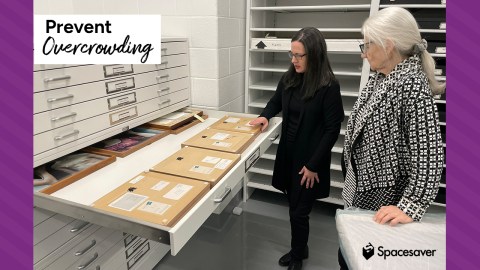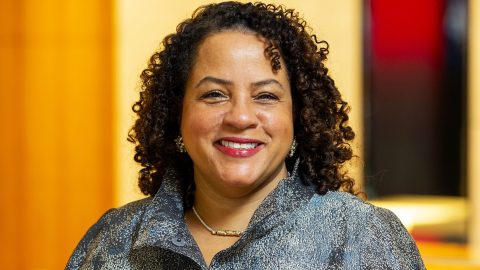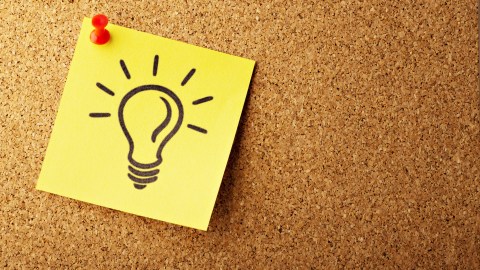The Madison Children’s Museum is one of three participants in the current round of Innovation Lab for Museums, funded by the MetLife Foundation and presented by EmcArts in partnership with the Alliance. In today’s post, Brenda Baker, MCM’s exhibit director, shares the museum’s “half-baked idea” that will be refined and prototyped through the Lab process. We will profile MCM’s two Lab classmates—The National Trust for Historic Preservation and the Mississippi Museum of Art—in future posts, so stay tuned.
Madison Children’s Museum (MCM) has always been a museum built by, for, and about children. Honoring and respecting youth, recognizing and supporting their intuition, innate creativity, sense of wonder, and burgeoning intellect is what MCM is all about. With this vision of children as key collaborators, the museum has routinely involved them in all aspects of exhibit development: as researchers, designers, content experts, prototype testers, makers and occasionally builders. MCM believes strongly that the best way to create engaged citizens who care about their communities is to engage them deeply as partners, honor their expertise, present their work, and preserve what they’ve created for future generations.
This year, MCM is thrilled to be selected for funding from MetLife Foundation, enabling us to participate in Innovation Lab for Museums to develop our idea for Kidshare, a new culture and digital media project. Kidshare will increase the museum’s capacity to work with significantly more children as authors and creators of the museum’s exhibits while transforming the museum into a highly accessible living story lab and repository of children’s knowledge, wisdom, and culture. Kidshare is about honoring kids’ deep knowledge about the places they live, and allowing them a place to share their knowledge with others. From our experience, it is in the sharing with others that children feel validated and genuinely connected to their community.
In our application to the Lab, we made the case that KidShare represents a significant break from past practice (one of three criteria in EmcArt’s definition of innovation). In the past, we’ve approached exhibits as individual projects around separate subjects with a small number of children contributing knowledge within a set of tightly controlled parameters. The outcomes were not collected or shared beyond the run of the exhibit. For KidShare, we will make the guidelines much more open-ended and non-project based, allowing them to be used for multiple projects.
Much more than a digital documentary project, KidShare will help MCM and three partnering local schools, their students and teachers, generate a cadre of young citizen ethnographers and citizen scientists who have documented their stories and understanding of their own sense of place in a variety of formats: video, audio, drawings, graphs, poems, prose, and painting. This research will then be transformed into a layered digital “map” of Madison that tells the kids’ authentic insider story of Madison and surrounding communities. The idea is that this map will be ever expanding and changing over time as new stories and new generations of kids participate over time from throughout the community. The material created may also be used in additional applications, from apps to digital games to interactive exhibit components.
One goal of the project is to create a climate in which visitors, community members, and researchers think of our museum not only as a destination for hands on learning, but also as a catalyst for collecting, presenting, and preserving children’s stories. Through the Innovation Lab for Museums, we hope to test our assumptions, experiment with pilot projects, and find a replicable model that works for individual kids, family groups, and schools alike. During the Lab, we’ll answer questions like: Will this project help young people feel more connected to the museum and engaged with their community? What will motivate them to participate? How do we make this project “cool” enough for older kids? How can we make it simple enough for anyone to participate? What kinds of technologies are easiest to employ? How do we preserve these stories for posterity?
On a larger scale, we anticipate that this project will have a direct impact on educational pedagogy in both public school and museum field realms. Our own shift in assumptions have come from the deep understanding of the way that both formal and informal education must be deeply connected to children’s real lives in order to be transformational. As a museum that cares deeply about helping transform children’s lives for the better, MCM is committed to becoming the place where youth ideas and understanding of their community are truly valued, presented, and preserved. We’re grateful to the MetLife Foundation for supporting our innovation, and to AAM and EmcArts for working together to make this program accessible to the museum field.









It's exciting to read about your prototype! I love the way you articulated your shift in assumptions as a new understanding that education activities must be connected to children's real life. That makes a lot of sense and rings true with all the work we see happening around engaging adult audiences.
We're looking forward to hearing more as it develops!
Karina Mangu-Ward
and the EmcArts/ArtsFwd team